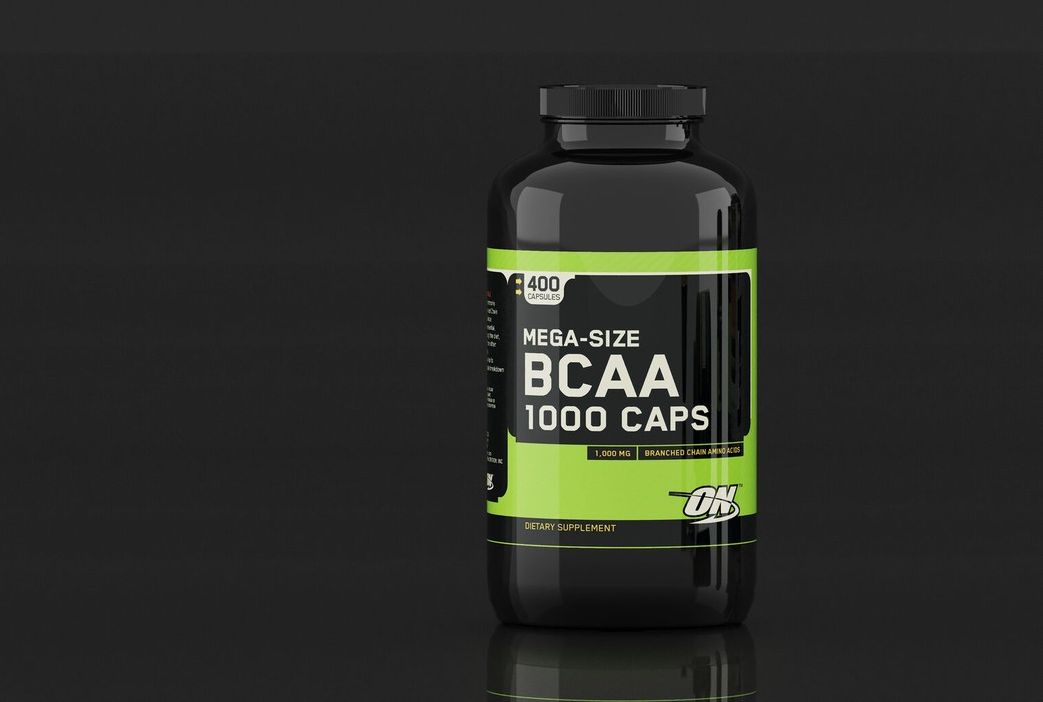What are BCAAs?
The abbreviation BCAA stands for branched-chain amino acids – let’s zoom out to better understand what these are. The key building block of the human body is protein. There are 20 different amino acids that make up the thousands of different proteins in the human body. Amino acids are necessary to synthesize hormones and neurotransmitters, build and repair muscle, and even regulate the immune system.

9 of the 20 are called essential amino acids, which means they cannot be made by your body and you must get them from food. Out of these 9 essential amino acids, 3 are the branched-chain amino acids and their names are the following.
- Leucine
- Isoleucine
- Valine
The phrase “branched-chain” refers to the chemical structure of these three amino acids. And they are also unique for other reasons and they have a lot to do with why athletes are interested in them.
Why are BCAAs relevant for cyclists?
BCAAs are unique because they can be oxidized and directly used in your muscles as fuel rather than first being metabolized by your liver like other amino acids. Research has shown that during endurance exercises such as cycling, between 3% and 8% of energy needs are supplied by BCAAs. They are used especially when your glycogen stores are low. And that’s not all. There is a lot of research pointing to the following benefits of BCAAs.

- Increased muscle growth
- Decreased muscle soreness
- Reduced exercise fatigue
- Prevention of muscle wasting
Most of these benefits are seen in resistance and power-based athletes as they are most focused on changes in the muscle. But there’s also an increasing number of studies looking at the benefits specific to cyclists and other endurance athletes. We will dig deeper into those in the next article of this series.
Where can you find BCAAs?
When you hear BCAA, you probably think of a powder or pills containing these as a dietary supplement. But BCAAs are quite widely available through regular foods such as meat, eggs, fish, dairy, and some nuts and legumes.
We will take a closer look at the best sources in the rest of this series. And how about supplementation? That is the trickiest question we will try to answer at the very end of the series. Stay tuned!




